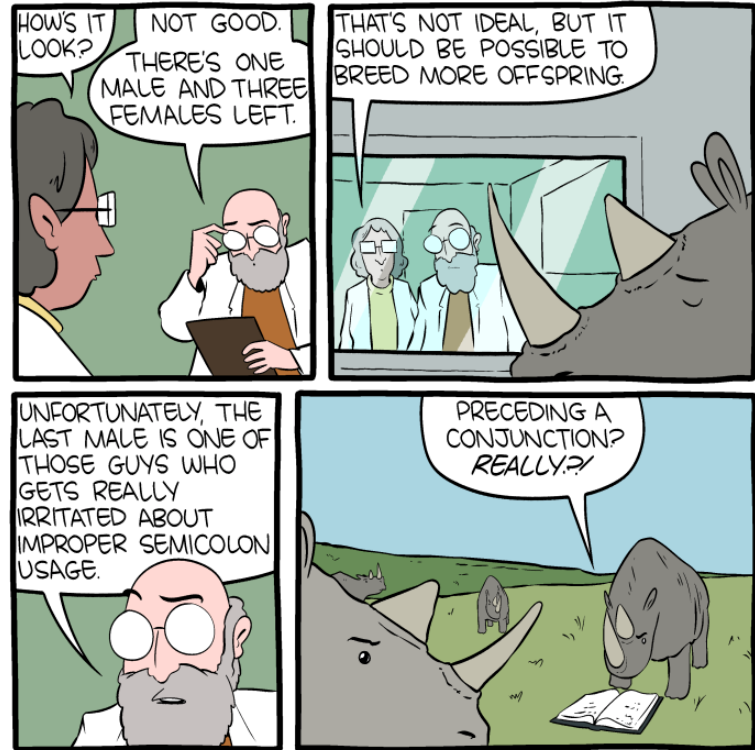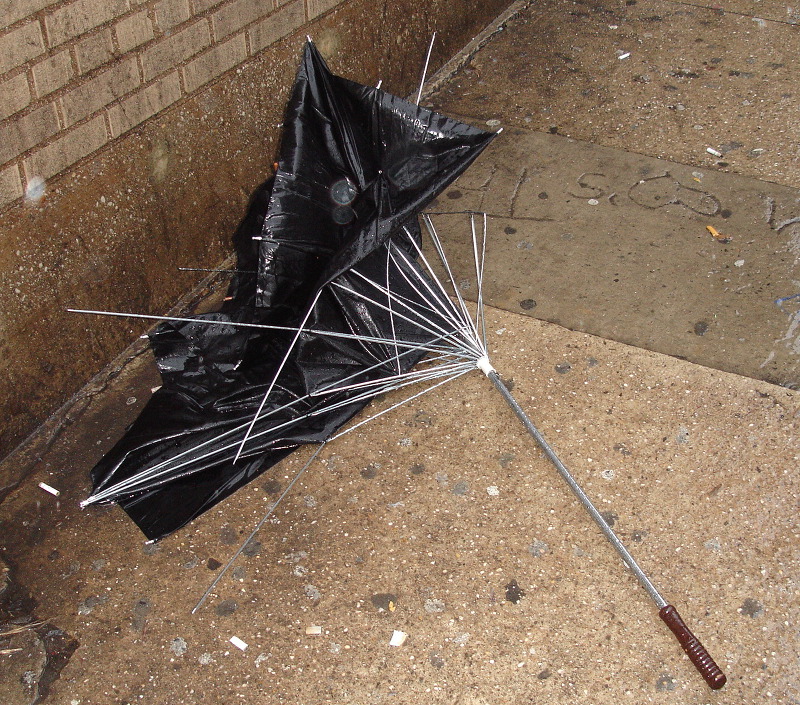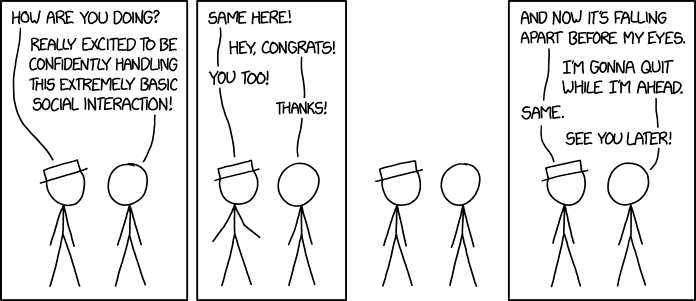There's an interesting and understudied way that typing errors and speaking errors are different. From Gary Dell, "Speaking and Misspeaking", Ch. 7 in Introduction to Cognitive Science: Language, 1995:
One of the most striking facts about word slips, such as exchanges, anticipations, perseverations, and noncontextual substitutions, is that they obey a syntactic category rule. When one word erroneously replaces another, most of the time the target and substituting word are of the same syntactic category. Nouns slip with nouns, verbs with verbs, and so on.
In other words, we're NOT likely to say something like "When one word erroneously replacement another, …" or "exchanges, anticipation, perseverations, and noncontextual substituted […] obey a syntactic category rule".
But errors of this type are fairly common in typing. They seem to be cases where we've started to type the right thing, but as our attention shifts to the following material, our fingers follow a familiar but incorrect path.
Read the rest of this entry »


